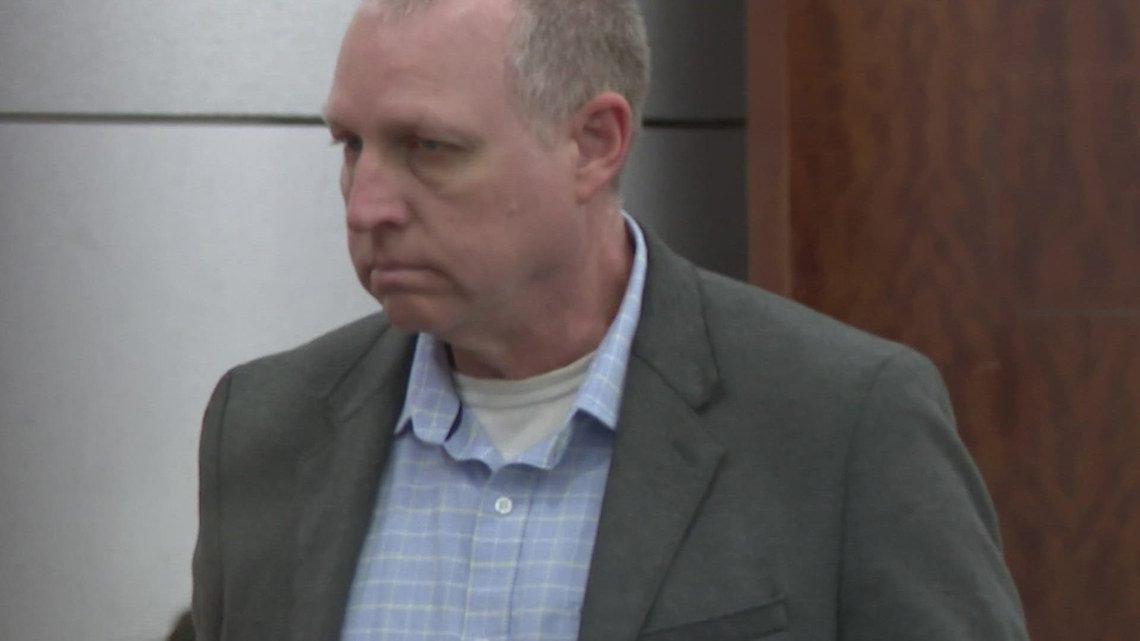Authorities in Montgomery County found the evidence connecting FBI analyst Brian Rausch to AI-generated child sexual assault material.
A Houston-area FBI intelligence analyst is facing charges after he was allegedly found in possession of over 1,000 images of child pornography, some generated by artificial intelligence.
Brian Rausch was arrested Tuesday following an investigation led by the Montgomery County Precinct 3 Constable’s Office.
On Friday, prosecutors said some of the material in Rausch’s possession appeared to depict minors but was digitally created or altered.
“These images are indistinguishable from actual children,” said Stephen Driver with the Harris County District Attorney’s Office. “It’s kind of new territory. This is a cutting-edge area of law. These are prosecutions of crimes that people have limited understanding of.”
Rausch now faces multiple charges, including two state felony counts, two federal charges, and two obscenity charges stemming from the AI-generated content.
The 51-year-old bonded out of jail Thursday but appeared back in court Friday. He’s expected in court again on July 1.
The evidence against Rausch was first brought to light by investigators with the Montgomery County Precinct 3 Constable’s Office Internet Crimes Against Children (ICAC) unit.
“One of our investigators found his activities online,” said Captain Adam Acosta with Precinct 3.
“It’s never comforting to know that someone that works in the law enforcement industry, especially on a federal level, is doing these types of things,” he said.
Acosta explained that his agency’s Internet Crimes Against Children (ICAC) unit has encountered a growing number of cases involving AI-generated abuse material.
“There are all sorts of applications out there capable of producing these images,” Acosta said. “It all depends on the creator and what they choose to do, and that’s very concerning.”
Over the past two years, the National Center for Missing & Exploited Children has received more than 7,000 reports related to AI-generated child sexual abuse material nationwide.
Acosta said Pct. 3 investigators are combating the issue with proactive steps, but he urges families to remain vigilant, both online and in how they share photos of their children.
“Be mindful of who you’re talking to,” he said. “If you’re a parent, maybe it’s time to think twice before putting your child’s picture on Facebook. It’s just about awareness.”
According to the FBI, sexually explicit visual material involving children created through content manipulation technology such as generative artificial intelligence violates federal criminal laws prohibiting the creation, distribution, or possession of child sexual abuse material.
In Texas, both chambers of the state legislature recently passed Senate Bill 20, also known as the “Stopping AI-Generated Child Pornography Act.” It would make it illegal to knowingly possess, access with intent to view, or promote such material, with penalties starting as a state jail felony.
The bill now awaits a possible signature from Gov. Abbott. If approved, the bill will take effect Sept. 1, 2025.









